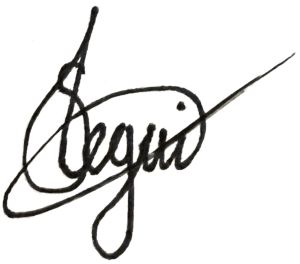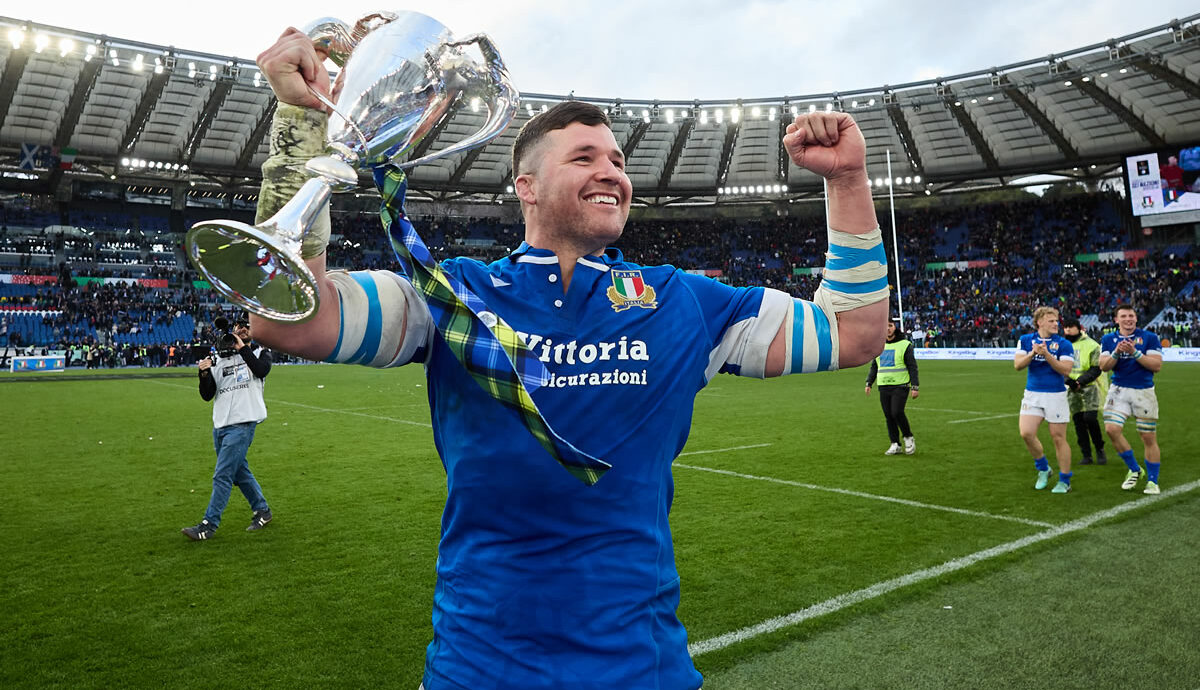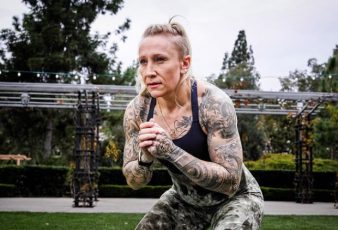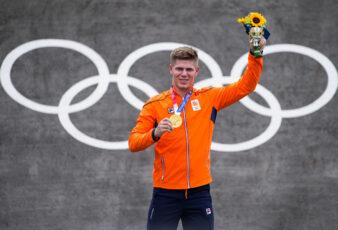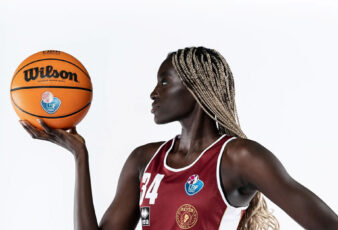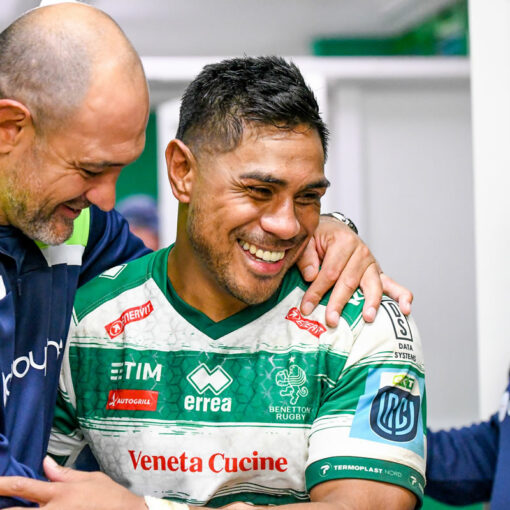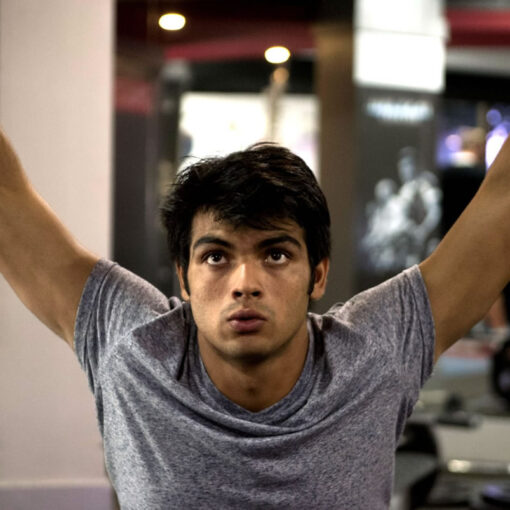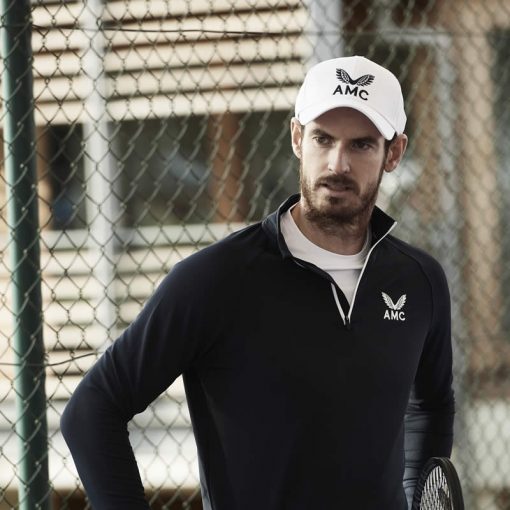Fragility made me stronger.
Much stronger.
Recognizing my mortality made everything infinitely deeper.
Every time I allowed someone to see my limitations, my shortcomings or my pain I became a better person.
More patient.
More grateful.
Calmer.
The body comes before everything else.
It's easy to see.
Big, thick, muscular.
It seems built specifically to go to war, to go into the trenches, to crash into he enemy lines. It falls and gets up, and in the process of the collision wears out its opponents, wears out the advantage line.
It scratches the defense.
One centimeter at a time: the consistency of the hammer, which hits with the ferocity of those who believe that is going to be this precise impact, this acceleration, this break, towin the match.
Even 80 meters from the try line.
Even at the moment of maximum effort.
Even when it’s moving by inertia.
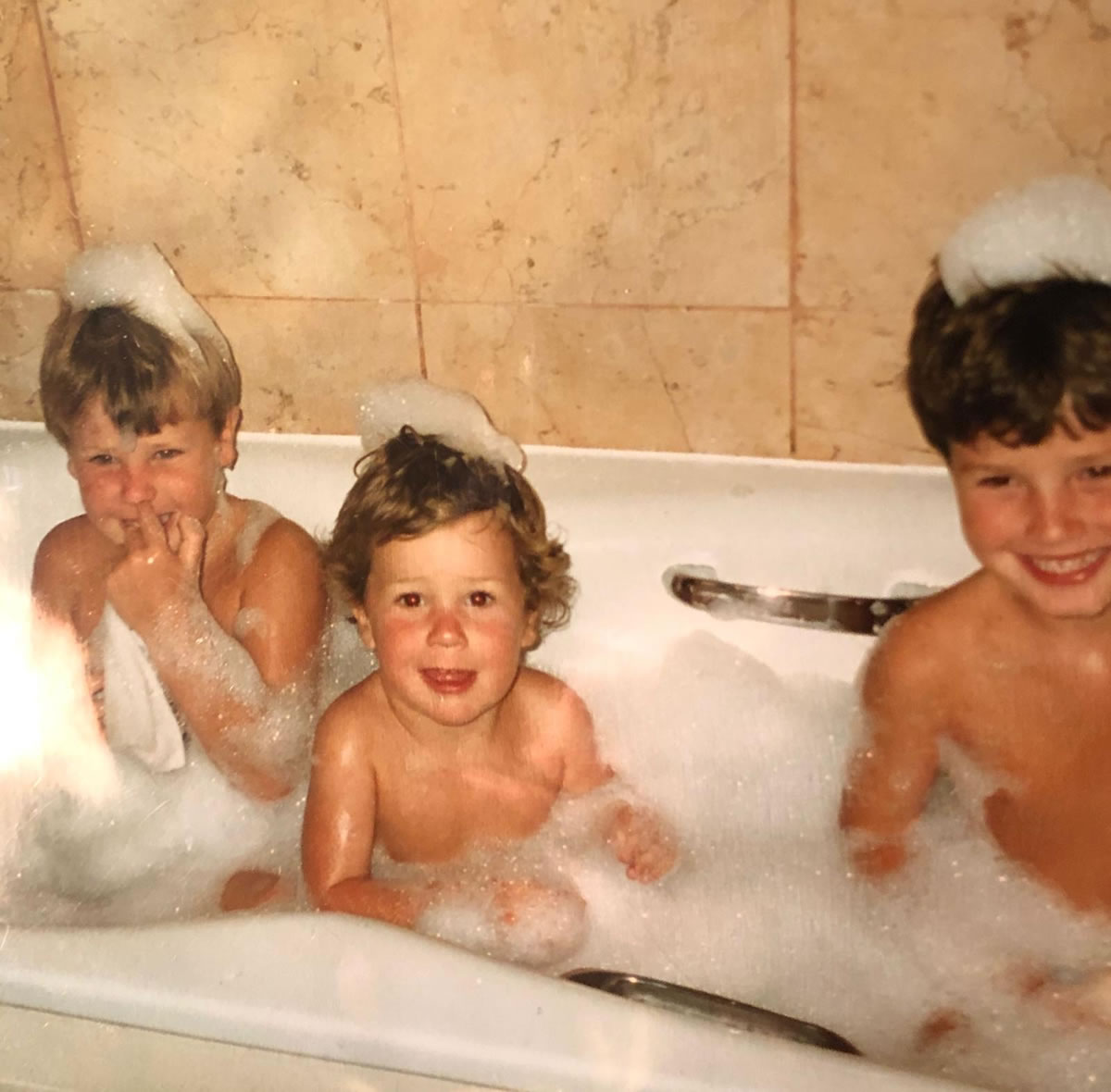
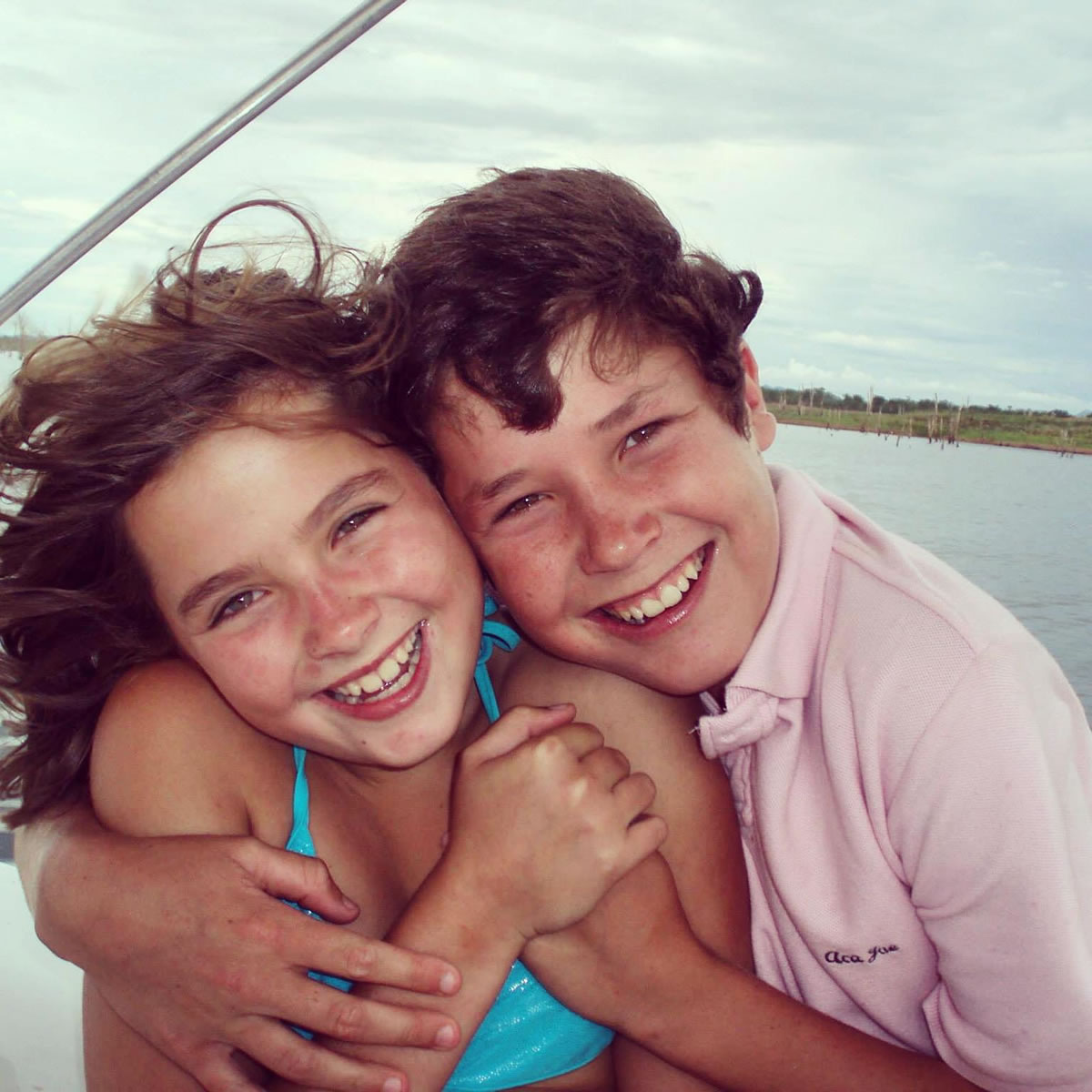
The body appears immortal and perfect, in a delicate balance of beliefs, certainties and projections, which manifests itself in the first tackle, and ends, if all goes well, only the following morning.
The following morning.
It’s the true face of rugby.
The true face of sport.
How many people do know about the difficulties of the next day?
How many have I allowed to see me suffer while I tried to get out of bed?
How many have had the privilege of putting an arm around my chest to help me standing up?
For years I thought, believed, and acted as if my body were a shield.
The knight's armor.
As if nothing could really hurt him, not even broken bones or torn muscles, bruises or concussions.
Because what doesn't kill makes you stronger and because every scar makes you thicker, harder, more accustomed to suffering.
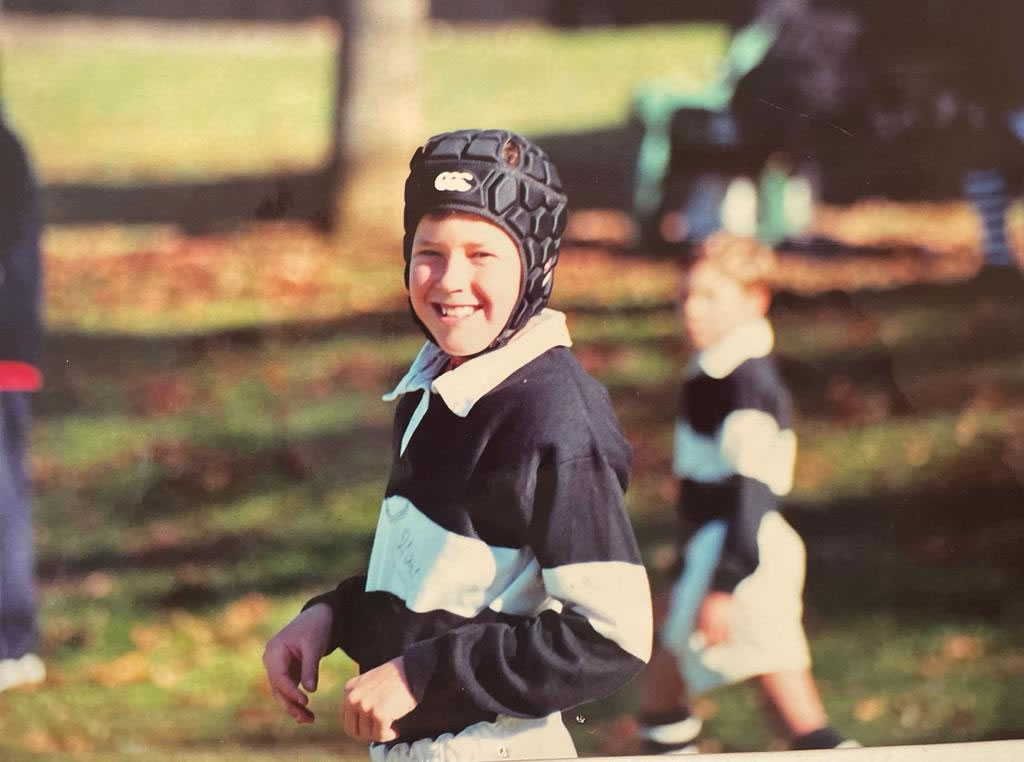
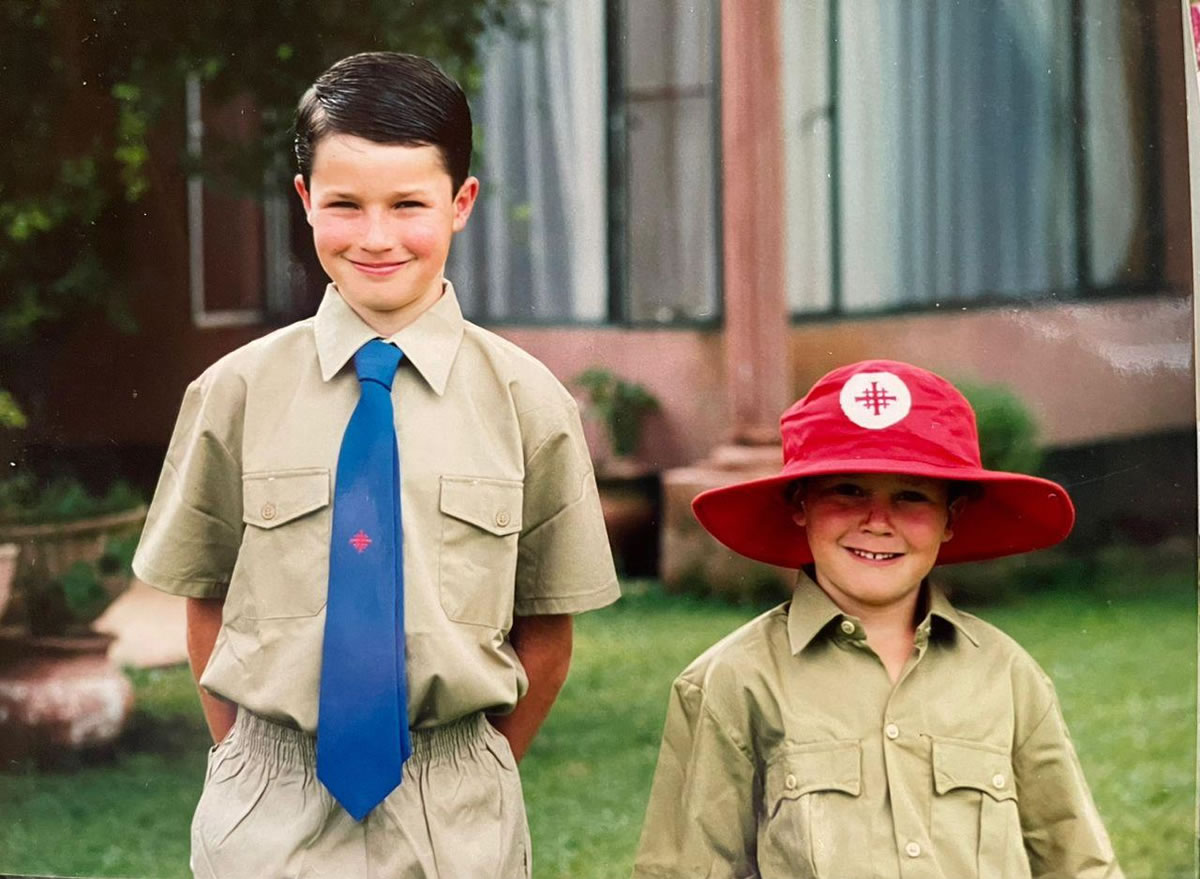
Too bad that's not exactly the case.
Too bad that every single hit you receive brings you closer to what will be the last one you take on a rugby field.
The final injury.
The play you never come back from.
Every contact thins you out, makes you more transparent.
More fragile.
And it is only by learning to embrace that fragility, to show it to those who love you, that you truly become free.
Free from fear and narrative.
Free from clichés and the image you have of yourself.
Free to ask for help when needed.
Or even just whenever you want.
And just as the body is also the mind, which must survive for years the harshness of selection and the difficulties of competition.
The desire to excel and the time it takes to actually do it.
When you're young you can't think of anything else.
You want to excel.
You want to break the world.
You want to become the best of all.
And the body is there, strong as a fresh tree, supporting your dreams.
Everything is absolute.
Everything is eternal.
Victory is forever.
Defeat is forever.
Success, desperation, hunger, thirst, glory: everything is forever.
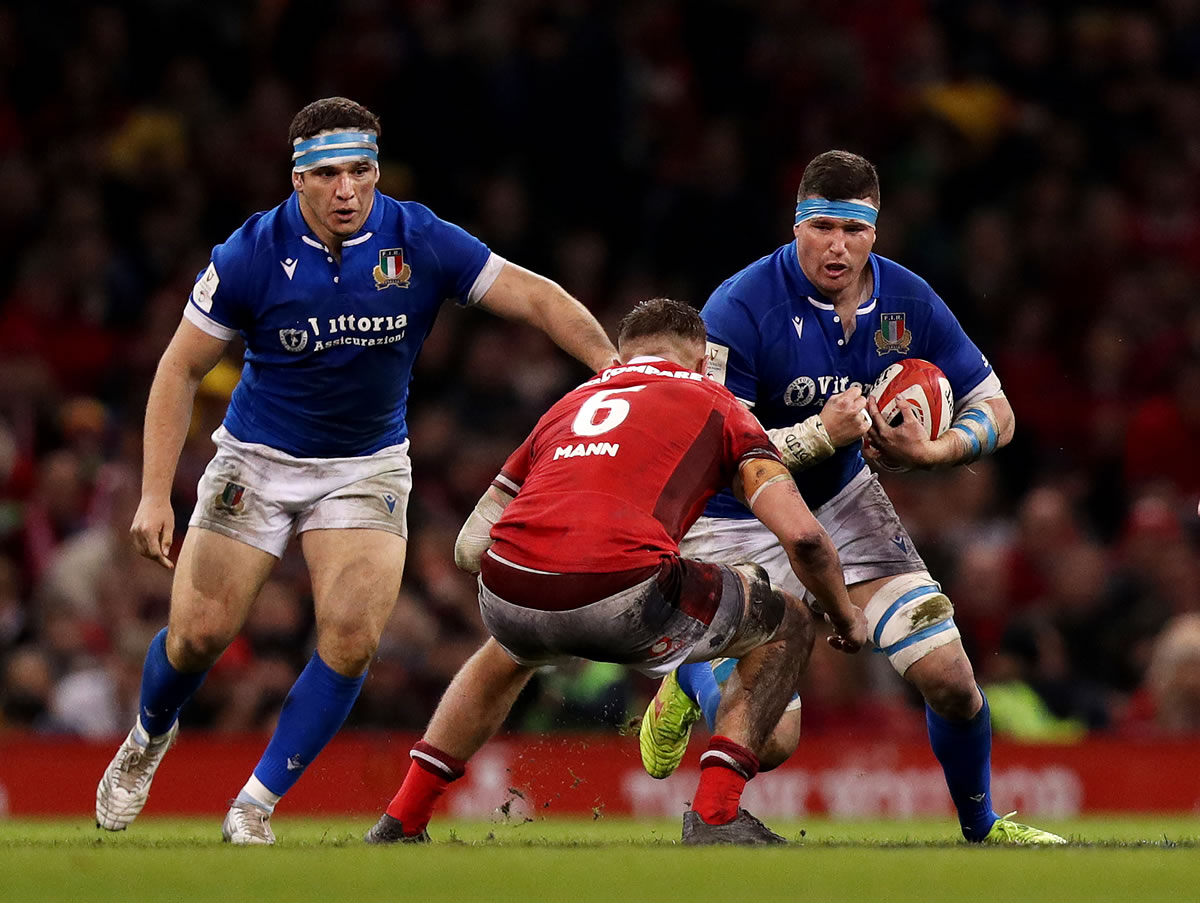
Then you get older.
Then you grow up.
And time works on your hips, like an expert boxer.
Like a boxer who knows your weak points.
Season after season, you start to realize you're not just a rugby player.
And in that richness of meaning, which also makes you appreciate being a friend, a boyfriend, a father or a son, the game slows down, thus becoming much more understandable.
And although the body loses something every day, the head makes up for it and transforms you.
You become more precise.
You become more capable.
You begin to understand the moments of the match, its flow, the impact needed when needed.
Because you stopped feeling like a superhero, and you started to accept the limits of your sporting mortality. The charm of finiteness.
A system of mirrors that helps you look inside, deep inside, filling every single tackle, every scrum, every collision with meaning.

The talent you always knew you had disappears, because it start to reflect into the other’s one, which is as pure as yours.
Doubts become the fuel of your immediate future, the one that dies at the end of the match, and which is then reborn, as a magic, at the moment of the next captain's run.
Thus, each meeting becomes the summary of an entire life.
The sum of past experiences.
A key to understanding the career you have built.
For the fears you faced.
For the experiences you have lived.
Every time I take the field, I review my path, in all its complexity.
I remember my childhood spent running in the wide open spaces of the family farm.
I see my brothers and sister.
I see the tobacco, the wheat, the herds.
The apple trees.

I see the day that changed our lives, along with those of millions of other people. A country in ruins, armed occupations, the sound of bullets.
I see my father rushing back home, ordering us to pack our bags and run away, leaving everything we had behind us.
I see new beginnings and the normality to be rebuilt far from where I grew up.
A home away from home.
And then I see the sacrifices made by my parents to normalize change, to make us study, to allow me to express who I am through sport.
I see the boy becoming a man.
The first call-up to the Under20s, the Sharks academy.
I remember the move to Great Britain, the years at Benetton.
I see all the loved ones and all the injuries.
I see all the defeats and all the victories.
And everything participates in the construction of my emotional baggage.
Of my person.
Like the rugby player I am.
A strong athlete and a fragile man.
A strong man and a fragile athlete.
Happy with his story and his mortality.
Ready to face the next tackle as if it were the first.
Or as if it were the last.
Because, ultimately, there is absolutely no difference.
Sebastian Negri / Contributor
